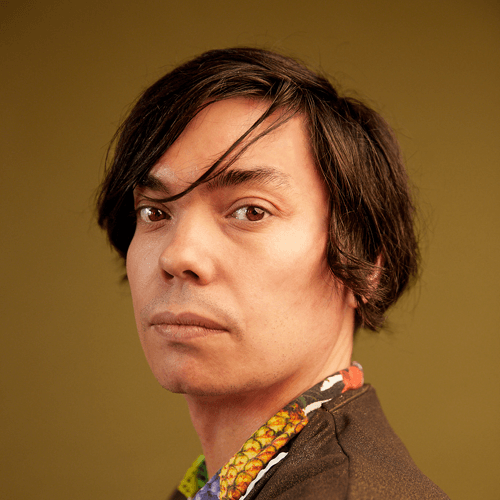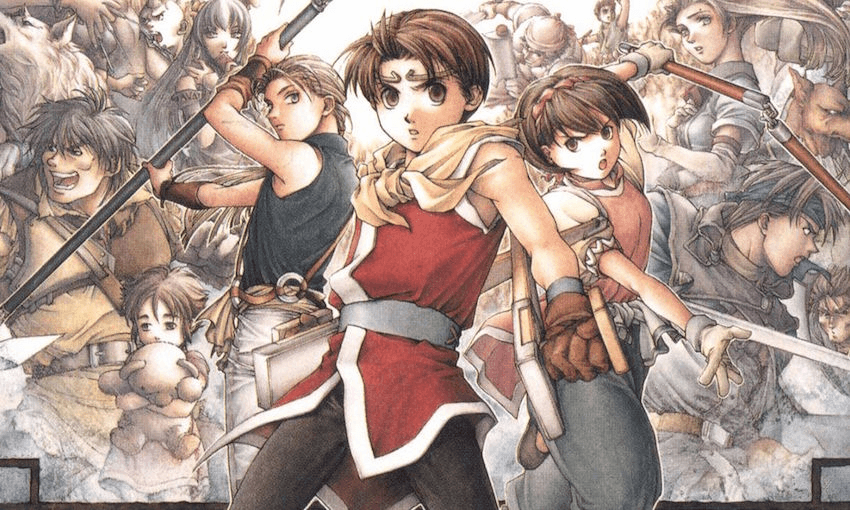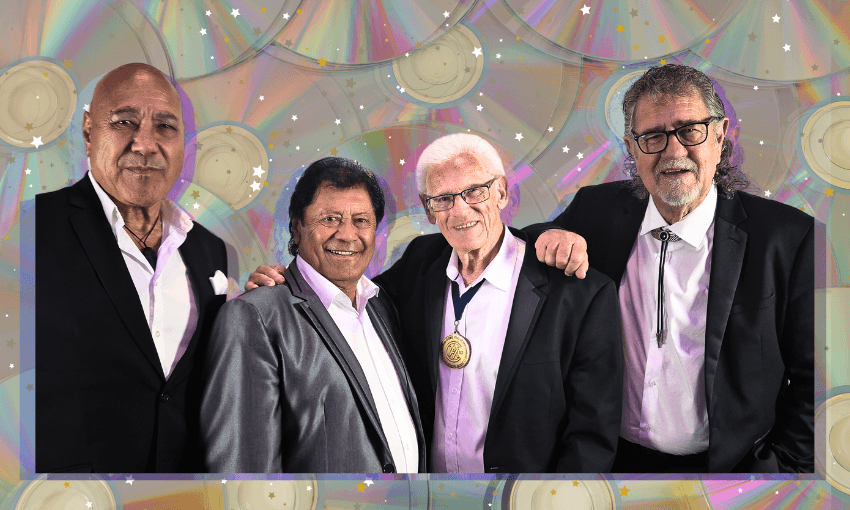On her new album, Kylie Minogue goes acoustic and courts a sub-Sheeran faux-country sound. It does not go well. Sam Brooks reviews.
Kylie Minogue is one of our most enduring and unique popstars. This is an objective fact. She’s been making pop music – honest-to-god mainstream pop music – since the 80s. She’s made one of the best pop songs of all-time. She’s a gay icon. Right at the moment when her chart successes were fading a bit, she pivoted to cool, doing an Anti-Tour of her all b-sides, performing on stage with the Scissor Sisters once, working with auteur directors and Nick Cave, and burying herself in weird little side projects. Throughout she’s continued to tour – and not just tour, but put on huge stadium spectacles. She’s remained a tremendously likeable (and constant) cultural presence, without attracting any of the intensely negative and sexist criticism that has been thrown at Madonna. She occupies a unique place in pop music, and she isn’t given half the credit she’s due.
So, I have a lot of faith in Kylie. Still, I was worried when I heard ‘Dancing’, the first single from her new album, Golden. It starts off with a clearly fake guitar (which Kylie plays even more fakely in the video for it). The handclaps come up at around forty seconds in, and my blood runs cold. Then the chorus, and the most insipid drum beats begins – all while Kylie Minogue is doing a goddamned hoedown. The only good part of the entire thing is her voice, which has only gotten better over the past thirty years. These days she uses her lower range in more creative ways; there’s a lived-in depth to her vocal performances now (which is what made her Abbey Road album from a few years ago such a triumph.)
Surely, I thought, the entire album couldn’t be like this? It’s Kylie Minogue. She can’t fill an album with nothing songs like this – nobody could, and nobody should! She’s not Jessica Simpson pivoting to country after The Dukes of Hazzard because nobody wanted music from Jessica Simpson by then. She’s not Jewel settling down into the country music her yodel was made for. She is gay icon, Nick Cave-befriending, Kylie Minogue.
For everything you can throw at Kylie, you can’t accuse her of following the most boring trends. When Madonna went rap, she went full 80s pop. When every pop singer had a b-rate rapper doing a guest verse, she was working with Stuart Price, the British electronic producer behind Madonna’s Confessions on a Dancefloor. When everybody had moved onto Esther Dean, she was working with Pharrell Williams. Kylie has never not been making good, vaguely off-trend pop music, and she’s always done that specific off-trend thing well.
Golden is not done well. This is Kylie Minogue following a trend, and it’s not even a good one. It’s not a collection of necessarily bad pop songs – 12 is not an awful length, but 15 for the deluxe version is, especially when the better songs are on that version – but it’s a collection of utterly anemic and ill-considered ones.
Why on earth would Kylie Minogue, in the year of our Lord 2018, pivot to the faux-acoustic, even-more-faux-country crap that led Ed Sheeran on his hunched-shoulder march to the top of the charts? There are no synths here, there’s hardly even any beats. There are acoustic guitars. There are handclaps. There are banjos, for god’s sake. Banjos! On a Kylie Minogue album.
You can tell what the songs sound like based on the titles alone:
‘Shelby ’68’. Mildly upbeat song about a lost love, with a catchy chorus and innocuous verses.
‘A Lifetime to Repair’. A mildly funny kiss-off to an ex, with fucking banjo.
‘Sincerely Yours’. Piano ballad which could have been on any Chantal Kreviazuk album from the nineties right through to today.
‘Raining Glitter’. Gay pandering, slightly drumbeat-y pop song.
The problem with this kind of country-pop is that it doesn’t sound like what country music sounds like now, or what country music has ever sounded like. Hell, Kacey Musgraves’ latest single, the Daft Punk-esque ‘High Horse’ sounds more like a Kylie Minogue single than any of the songs on this album do.
I love country music, I always have and I always will. This is not country music. This is what people who don’t listen to country music think country music sounds like: guitars, overmixed backup singers and trite metaphors. What makes country music great and special is the intense detail in the imagery, the vocal phrasing, a strong sense of place and even stronger point of view. There is absolutely none of that on Golden. I don’t need my pop music lyrics to be great, and I especially don’t need my Kylie Minogue songs to be Keats, but I absolutely need that from my country music. You don’t get to wrap yourself in the warm cardigan of a country song while holding onto the calorie-free sugar of pop music. It sounds fake, and worse than that, it sounds bad.
The best song on the entire thing is ‘Golden’ – although I will concede a little bit of love for ‘Lost Without You’, which is the only song that you could conceivably play in a club from this whole entire thing, because it’s the only one that sounds remotely inventive.
I’m harsh on this, because I’m a little bit harsh on acoustic music being read as automatically authentic – as if some dude sitting down on a stool and singing yet another cover of ‘Hallelujah’ is any more authentic than nine producers working hard as hell to create a pop masterpiece that makes millions of people feel something, feel anything at all. This might feel authentic to Kylie Minogue, and I hope for her as a person and an artist that she is tapping into something she feels authentic expressing. But it sounds more like the result of an A&R guy trying to make an artist a huge commercial success by rushing at what’s at the top of the charts – dishevelled men who can play three chords on an old guitar – and hoping for the best.
Kylie doesn’t need that. Kylie has an inbuilt fanbase who will follow her wherever she goes. I will continue to follow her, and if she tours this album here I’ll be first in line to buy tickets. But to see Kylie, or her handlers, chasing hits rather than standing to the side and doing her own thing is disappointing and sad.
Kylie Minogue is cool. You don’t need to make her cool – just let her be. And I just hope as hell for the rest of her career that this is not what Kylie Minogue just being sounds like.
The Spinoff’s music content is brought to you by our friends at Spark. Listen to all the music you love on Spotify Premium, it’s free on all Spark’s Pay Monthly Mobile plans. Sign up and start listening today.





